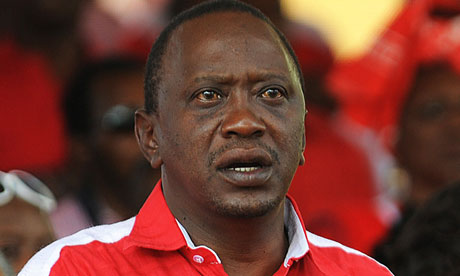South Africa’s ex-President Jacob Zuma has rejected as “a sham” a request by the country’s top court to suggest what punishment he should face if found guilty of contempt of court.
He faces possible sanctions for failing to appear in February before the Zondo Commission, a judicial inquiry into corruption during his presidency.
Chief Justice Mogoeng Mogoeng had given Mr Zuma until Wednesday to file an affidavit, no longer than 15 pages, to the Constitutional Court.
But in a 21-page letter to the chief justice, the former president said that he had come to the conclusion that there was an “inexplicable judicial antipathy” towards him.
Mr Zuma, who resigned as president under pressure in 2018 facing numerous allegations of corruption, has repeatedly cast himself as a victim of conspiracy.
The BBC’s Pumza Fihlani in Johannesburg says it might have seemed a bizarre request from Justice Mogoeng – to make of a person accused of breaking the law suggest his own punishment – but by bending over backwards and extending him every possible courtesy, he may have hoped to pre-empt Mr Zuma’s complaints that he has been treated unfairly.
However, if that was the plan, it backfired as Mr Zuma reiterated at length that he had no faith in the judiciary.
“My decision not to participate in the contempt of court proceedings was based on my belief that my participation would not change the atmosphere of judicial hostility and humiliation reflected in its judgment against me,” he said.
The courts had joined the political narrative in which he was “routinely a subject of political ridicule and commentary”, the 79-year-old anti-apartheid veteran said.
The Zondo Commission was controlled by his “political foes”, he added.
The former president said he had a constitutional right “to be presumed innocent, to remain silent and not to testify in proceedings”.
“I do not accept that I committed contempt of court when I decided not to participate in the commission proceedings in circumstances where my rights would be violated.”
In his letter, he argued that the Zondo Commission, which he set up, had not been established correctly.
“What the Zondo Commission has done is inexcusable and I will live to see my vindication when – after squandering billions of much needed public revenue, an independent court reviews and set aside the findings of the commission on the basis that it was not established in accordance with our constitution.”
BBC




